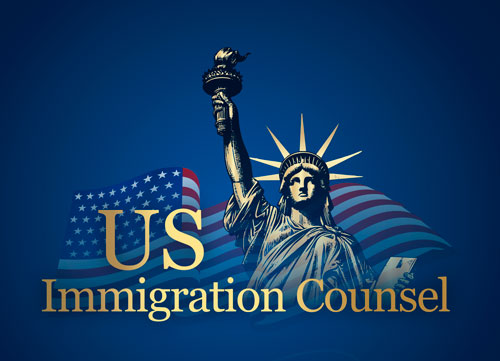B-1 Visa
The B-1 visa is a temporary nonimmigrant visa that permits foreign nationals to enter the United States for specific business-related purposes. It is designed for individuals who need to conduct short-term professional activities that do not involve direct employment or compensation from a U.S. source. This visa supports international collaboration, business development, and commercial exchange while maintaining clear restrictions on duration and scope.
Who Qualifies for a B-1 Visa
The B-1 visa is available to individuals who meet the following conditions:
-
Maintain a permanent residence outside the United States with no intent to immigrate
-
Intend to stay in the U.S. for a limited and defined period
-
Have a valid business purpose for the visit, such as attending meetings, negotiating contracts, or participating in short-term training
-
Possess sufficient financial resources to cover the duration of their stay
-
Plan to depart the U.S. at the end of their authorized visit
Applicants must demonstrate the temporary nature of their trip and their ties to their home country through documentation such as return flight reservations, financial statements, or employer letters.
Permitted Activities on a B-1 Visa
While in the U.S. on a B-1 visa, visitors may engage in a range of business activities, including:
-
Consulting with business partners or associates
-
Participating in conventions or trade shows
-
Conducting market research
-
Negotiating or finalizing contracts
-
Settling estates or managing short-term business affairs
Employment or receiving payment from a U.S. source is not permitted under this visa. The applicant’s income must continue to originate from outside the United States.
Duration and Extensions
A B-1 visa is typically issued for a period of up to six months. However, the actual period of stay granted at the port of entry may vary depending on the nature of the visit. Extensions of up to an additional six months may be granted in certain circumstances, such as:
-
Medical treatment delays
-
Unforeseen business complications
-
Other legitimate and documented reasons
Requests for extension must be filed before the expiration of the authorized stay and must include compelling evidence supporting the need for additional time.
Bringing Family Members
Family members accompanying a B-1 visa holder cannot enter the U.S. under the same visa. Each accompanying family member must apply for a B-2 tourist visa unless they also have an independent business purpose, in which case a separate B-1 application is required.
Application Process
Applicants must follow these general steps to apply for a B-1 visa:
-
Complete the DS-160 online application form
-
Schedule and attend an interview at the nearest U.S. consulate or embassy
-
Present the confirmation page, supporting documents, and passport at the interview
Consular officers will assess the applicant’s intentions, financial ability, and ties to their home country before granting or denying the visa.
Visa Restrictions and Limitations
The B-1 visa is strictly for short-term business visits. It is not a dual intent visa, meaning it cannot be used to apply for permanent residency or adjust status to another visa category. Attempting to do so could result in ineligibility for future visa applications or long-term entry bans. Applicants who may be eligible for a dual intent visa, such as an H-1B or L-1, should consider those alternatives before applying for a B-1.
B-1 Visa and the Visa Waiver Program
Citizens of countries that participate in the Visa Waiver Program (VWP) may enter the U.S. for business purposes without a B-1 visa, provided their stay does not exceed 90 days. However, VWP travelers must apply for ESTA (Electronic System for Travel Authorization) before entering the country. The VWP does not permit extensions or changes of status once in the U.S.
Important Considerations
Although the B-1 visa is one of the more accessible options for short-term U.S. entry, applicants must ensure they are fully compliant with its limitations. Violating the terms—such as working without authorization or overstaying—can result in serious immigration consequences, including removal or multi-year reentry bars. Being informed about the rules helps safeguard future travel eligibility.

